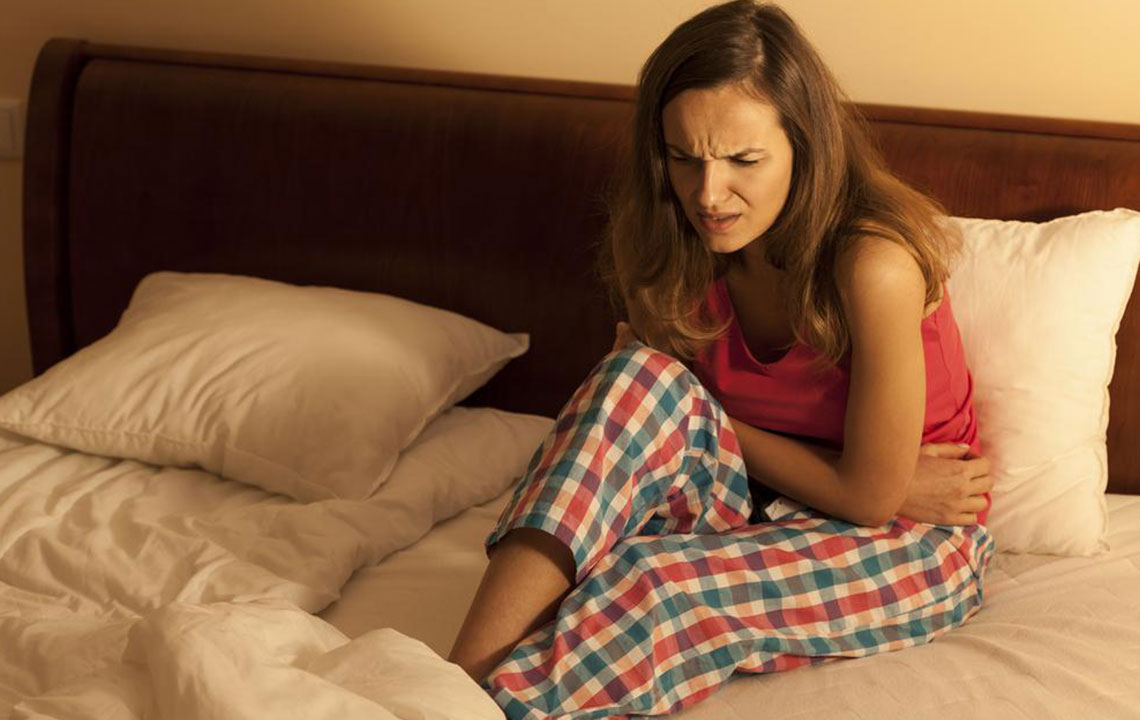The link between diet and constipation
Diet is a major factor that keeps your gut healthy. What you eat can affect your bowel functions and impact your overall health. One of the most common problems related to poor diet is constipation.
If you have chronic constipation, it can make everyday life quite uncomfortable. You can try any number of treatments for constipation relief. But these may not be effective if your diet lacks nutrition for a healthy digestive system.
What is Constipation?
Constipation is experiencing infrequent or difficult bowel movements. The condition is termed chronic if constipation lasts for more than three months at a time.

Food Choices and Constipation
If you are looking for constipation relief treatments, you can begin by paying attention to what you eat on a daily basis.
What to eat?
A diet low in fiber can make bowel movements difficult. Insoluble fiber adds bulk to stools for regular bowel movement. Soluble fiber helps stool retain water and makes it easy to pass through your system. The former is found in foods like whole grains and leafy greens; whereas the latter is found in lentils, beans, bananas, and oatmeal.
If you are not eating sufficient fiber, you can add the following in your diet for relieving constipation.
- Whole grains
- Potatoes, carrots, broccoli
- Apples, pears, berries
- Lentils, legumes, beans
- Almonds, sunflower seeds
What to avoid?
If you are looking for constipation relief, you can remove the following from your diet.
- Processed foods like cakes, white bread, cookies
- Fatty foods like chips, fries
- Excess meat
- Milk and cheese
- Alcohol
- Excess caffeine
Other helpful diet tips –
- Refrain from taking nonprescription constipation medications such as fiber laxatives and instead consciously try to eat whole grains and vegetables every day.
- Drink plenty of plain water and avoid sugary beverages.
- Eat small portions of meat only.
Consult a doctor if your constipation is severe as it can be indicative of another health problem.

